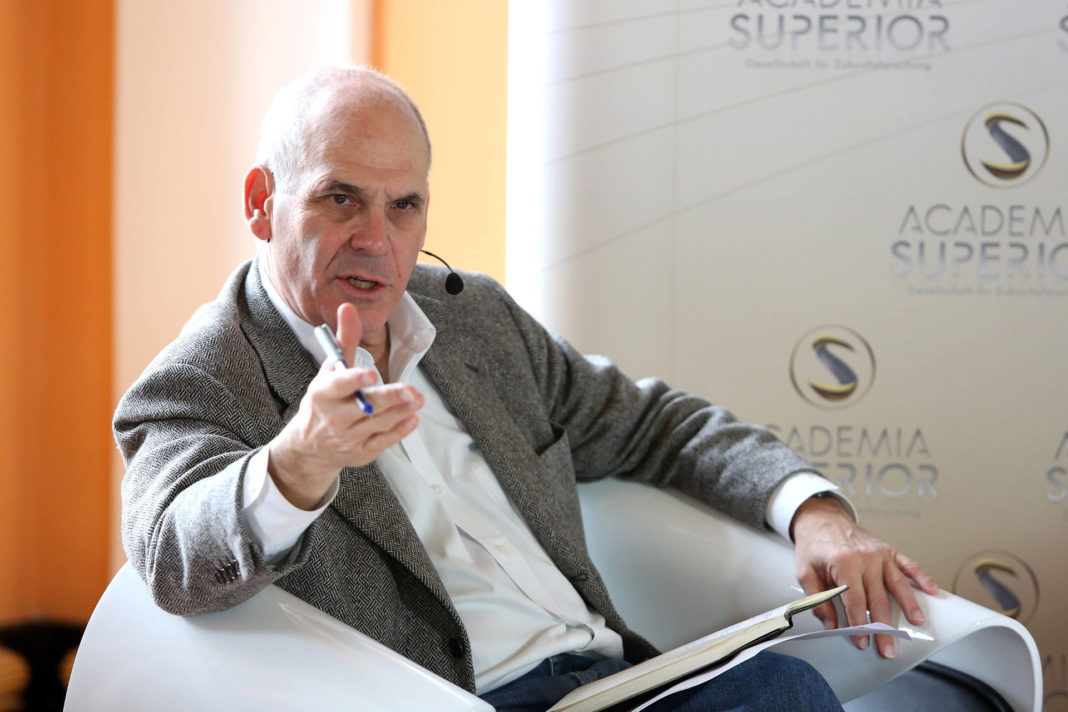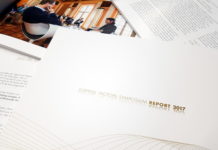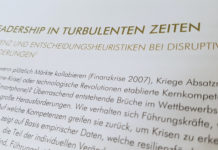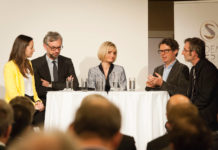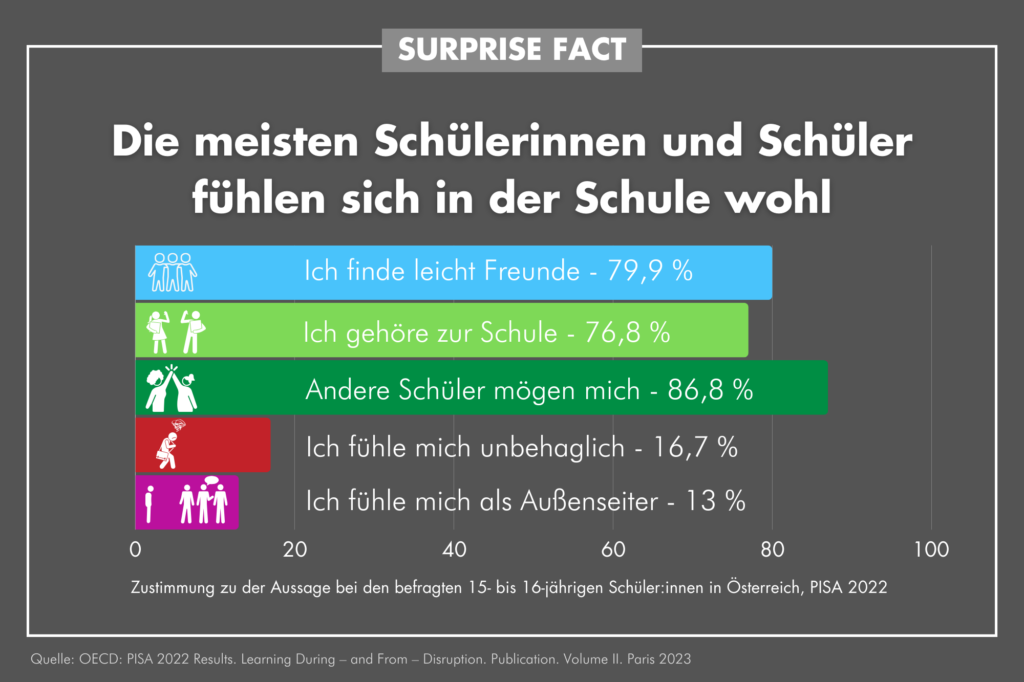We live in a world with borders. More so, we live in a world that is defined by borders. Borders are responsible for how we live, how we think and how we act. There are physical borders that surround our respective countries and there are imaginary borders within our heads that define who we are as people. What makes the subject of borders and boundaries so fascinating is that we need them. We need those in the outside world and we need those within ourselves. But sometimes we need to transcend those borders. We need to cross the Rubicon.
A perfect example for someone who stepped out of his comfort zone is famed alpinist Peter Habeler. To climb the Mount Everest without the aid of portable oxygen might seem like madness — a crazy and unattainable mission even to undertake. Habeler risked it all and succeeded. By going out of his comfort zone he managed to not only write alpinist history but to also grow as a human being. There is a lesson to be learned here: Breaking then boundary of what had previously seemed infeasible is precisely what it takes to be a leader. Leaders are people who go outside the boundaries that others accept — and in doing so demonstrate that we„re all capable of achieving more than we suspect.
Leaders are people that motivate and inspire other people.
Leaders are people who help other people to step out of their own comfort zones.
One way to get beyond borders is to welcome — or even instigate — an extreme event. An extreme event can involve a moment of political upheaval that destabilizes the status quo; it can be a natural catastrophe that shows us how unpredictable nature is — and how much we are at nature„s mercy. Or it can be something that we take on ourselves. What does it mean to push us outside our comfort zones? It„s completely natural for most of us to find a way of living that gives us a sense of security and wellbeing. At the same time, there„s a downside to living so comfortably: we stop growing, we stop learning and we stop testing ourselves against our own best selves.
John Casti, one of the leading experts in the field of complexity science, coined the term X‑events. Said X‑events are rare, happen suddenly and do a lot of damage. Those extreme events take us out of our comfort zones. Suddenly, what once seemed unthinkable is the new normal. The old reality that we‘d grown comfortable with is gone and a whole new version of reality has replaced it: The Berlin Wall falls, the global economic climate suffers a financial meltdown, a new technology permanently alters how we work or communicate. The point is not that these X‑events are good or bad. The point is simply that they happen and we all have to adjust ourselves to the new reality.
The notion of X‑events raises some important questions for Upper Austria: How can we do a better job of developing „social resilience“ into the way we think and act and respond to change? What kinds of instruments or conversations would make Upper Austria more adaptable to the shocks and sudden changes that we know will come — whether we‘re ready or not? Is it possible to do a better job of analyzing or even predicting X‑events before they happen? Would more conversations and discussions about X‑events of the past and possible X‑events of the future produce a greater capacity for understanding and responding to X‑events? And are there X‑events that we should actually be seeking to promote?
Are there social changes, economic changes, political changes that are currently „unthinkable“? And if there are — which would prove beneficial to Upper Austria? Will we be able to free up our minds and imagine them? Will we be able to perhaps find ways to cause them? Have we gotten too comfortable living inside the boundaries of the status quo? Agreed, these are all pretty tough questions. But for the sake of our future we will have to ask them over and over again until we find the right answers.
There are more questions ACADEMIA SUPERIOR had to face during the SURPRISE FACTORS SYMPOSIUM and will continue to face in the future. These are questions that are not easy to answer. But I strongly believe that we will have to face them no matter what. Because the answers we seek will help us shape a better tomorrow. How can we inspire ourselves and our young people to take on tasks and envision new possibilities that set new standards of excellence? Whether you are an athlete, an entrepreneur, a business innovator, an artist or a student: Willingly and open mindedly leaving your comfort zone will give you the fantastic opportunity to reap huge rewards. Sometimes it„s the small steps into the unknown that are the hardest to take.
After all you don„t have to climb Mount Everest without an oxygen mask on your first day“
Personal details
Alan Webber is a US-American business journalist. He Cofounded „Fast Company“, the most successful business magazine in US-history. He is the former managing director and editorial director of the „Harvard Business Review“ and Author of „Rules of Thumb”. He is a member of the Academic Advisory Board of ACADEMIA SUPERIOR since the beginning.


